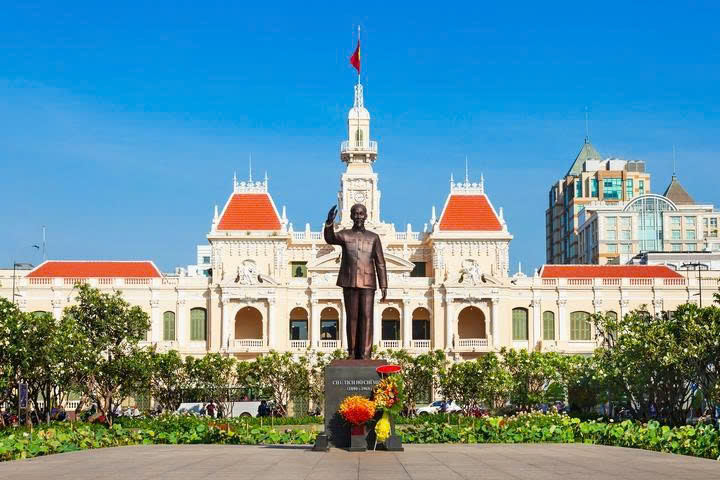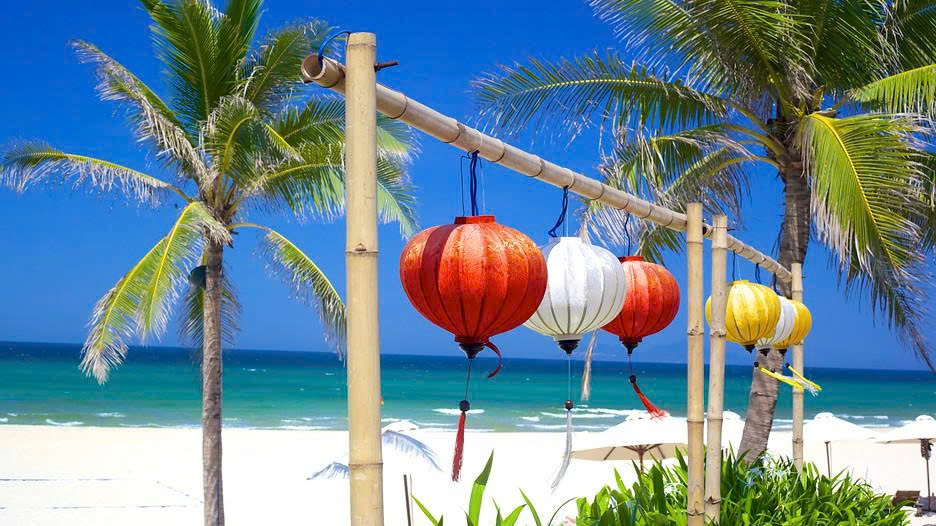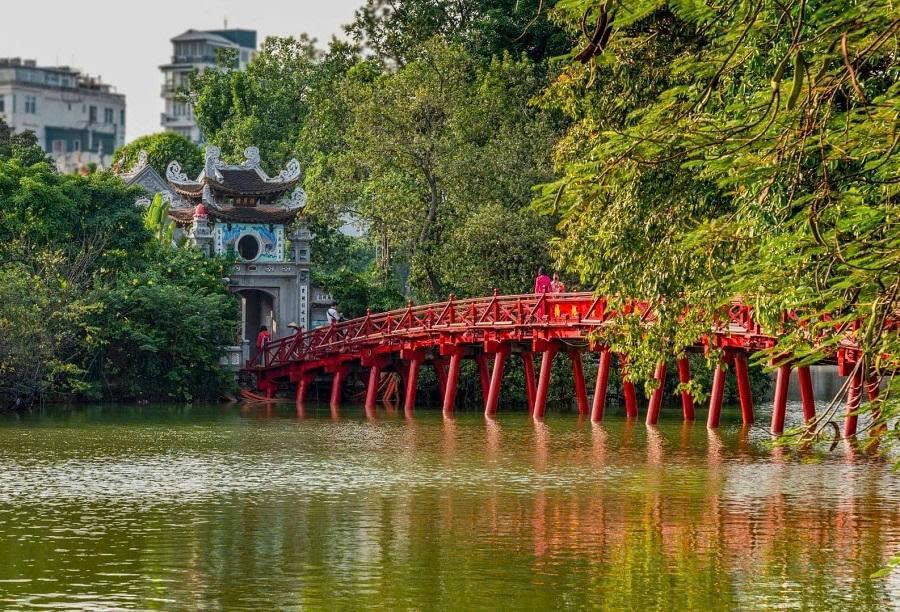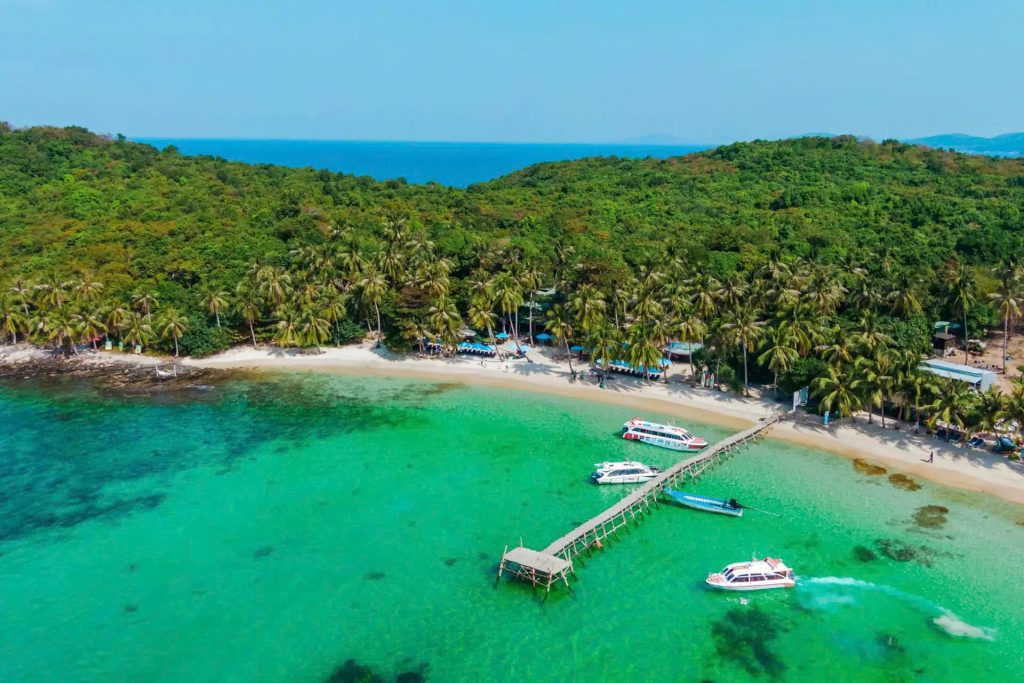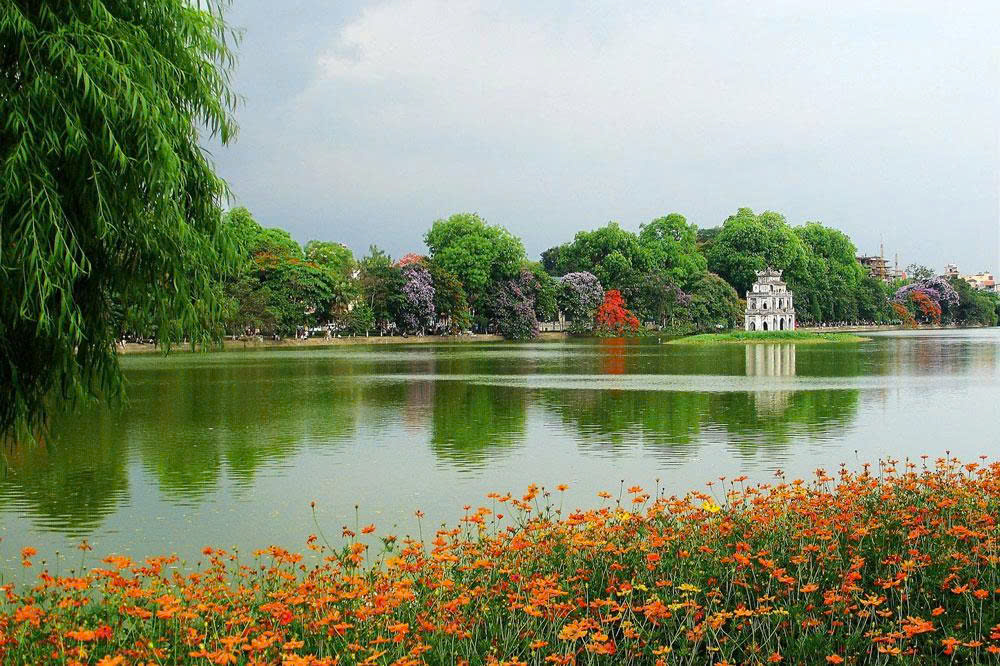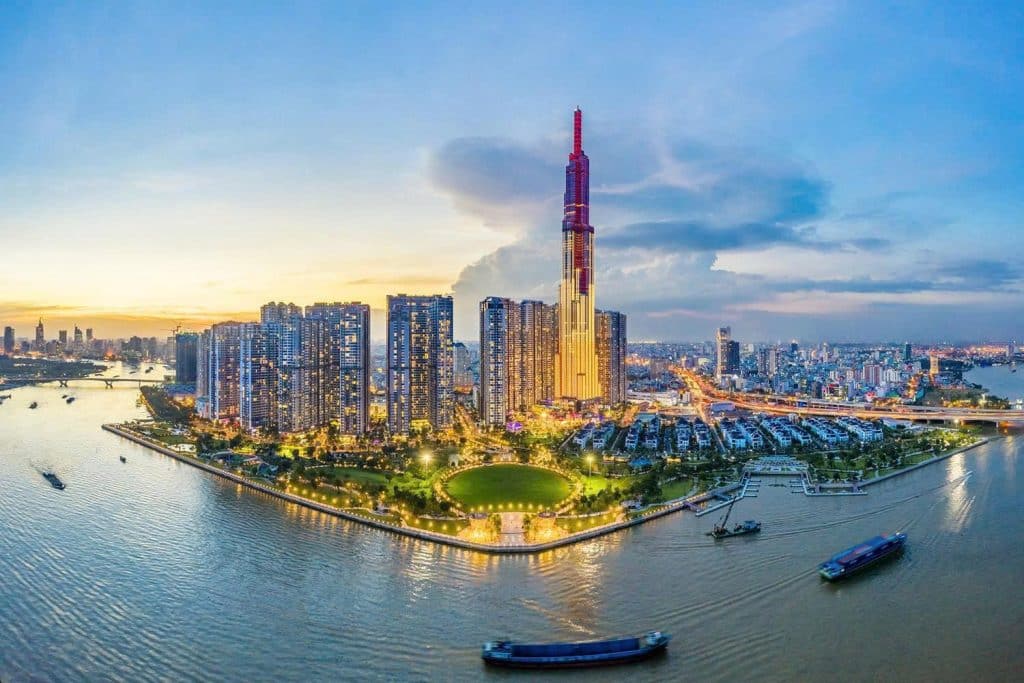Choosing between Ho Chi Minh City (HCMC) and Hanoi as a digital nomad in Vietnam can feel like a daunting task. Both offer unique charms, vibrant cultures, and growing expat communities, but they cater to different preferences. This comprehensive guide breaks down the key aspects of living and working in each city, helping you decide which Vietnamese hub aligns best with your digital nomad lifestyle.
Understanding the Digital Nomad Scene in Vietnam
Vietnam has rapidly become a hotspot for remote workers thanks to its affordable cost of living, delicious cuisine, captivating landscapes, and improving infrastructure. As a digital nomad, you’re looking for more than just a place to stay; you need a productive work environment, a supportive community, and a fulfilling lifestyle outside of work. Let’s dive into how HCMC and Hanoi stack up against each other.
Cost of Living: Stretching Your Dong Further
For many digital nomads, budget is a primary concern. Both HCMC and Hanoi offer significantly lower costs of living compared to Western cities, but there are subtle differences.
Accommodation Costs: Renting Your Home Base
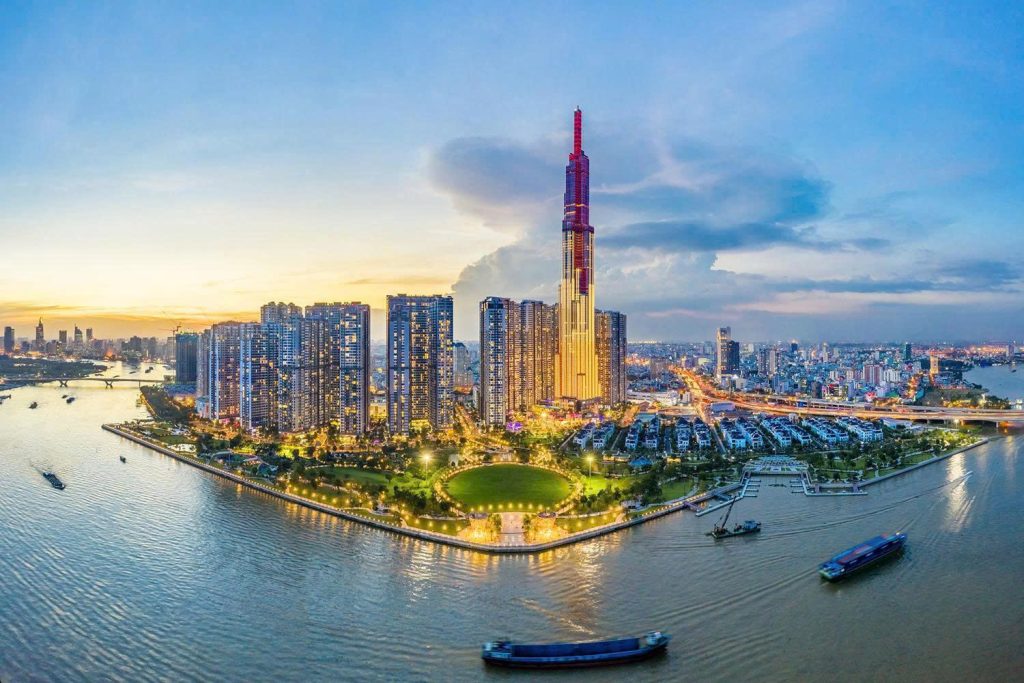
- Ho Chi Minh City (HCMC): Generally, rent in HCMC can be slightly higher, especially in popular expat districts like District 1, District 2 (Thao Dien), and Binh Thanh. You can expect to pay for a modern 1-bedroom apartment anywhere from $400 – $700 USD per month. Studios are more affordable.
- Hanoi: Rent in Hanoi tends to be a bit more budget-friendly. Areas like Tay Ho (West Lake) are popular for expats, offering a mix of apartments and houses. A comparable 1-bedroom apartment might range from $350 – $600 USD.
Food & Drink Prices: Fueling Your Day
- Street Food: Both cities excel in affordable and delicious street food. You can easily find a satisfying meal for $1-3 USD. HCMC is famous for Banh Mi and Com Tam, while Hanoi is the undisputed home of Pho and Bun Cha.
- Restaurant Meals: In both HCMC and Hanoi, a meal at a mid-tier restaurant typically costs between $5 and $10 USD. International cuisine options are abundant in both, perhaps slightly more diverse in HCMC.
- Groceries: Supermarket prices are comparable. Local wet markets offer cheaper fresh produce.
- Coffee & Beer: Coffee culture is huge in both. A Vietnamese coffee costs around $1-2 USD. Local beer (Bia Hoi in Hanoi, various brands in HCMC) is incredibly cheap, often under $1.

Transportation Costs: Getting Around
- Motorbikes: The primary mode of transport. Renting a motorbike costs $50-100 USD/month. Grab (ride-hailing app for motorbikes and cars) is very popular and affordable in both cities.
- Public Transport: Buses are available but less frequently used by expats. HCMC has a developing metro system (currently limited).
Verdict on Cost of Living: Hanoi generally offers a slightly lower cost of living, especially for accommodation, making it a strong contender for budget-conscious nomads.
Work Environment & Connectivity: Staying Productive
A stable internet connection and a conducive workspace are non-negotiable for digital nomads.
Internet Speed & Reliability
- Both HCMC and Hanoi boast excellent internet speeds in apartments, cafes, and coworking spaces. Most cafes offer free Wi-Fi. Fiber optic connections are standard.
- Occasional undersea cable issues can affect speeds across Vietnam, but overall, connectivity is reliable for remote work.
Coworking Spaces & Cafe Culture
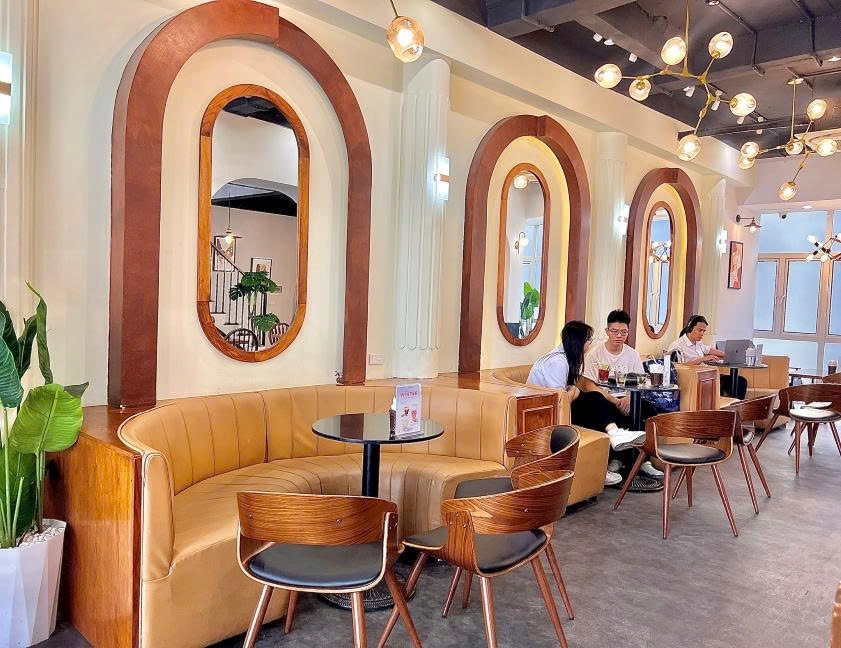
- Ho Chi Minh City (HCMC): Ho Chi Minh City boasts a thriving coworking landscape featuring many contemporary spaces; Dreamplex, Toong, and several cafes in District 1 and District 3 are well-known examples. The cafe culture is incredibly vibrant, with countless aesthetically pleasing spots perfect for working.
- Hanoi: Hanoi’s coworking landscape is growing rapidly, with options like Toong and Up Coworking Space. The cafe culture here is more focused on traditional “quan ca phe” with plastic stools, though modern cafes are also plentiful, especially around Tay Ho and the Old Quarter.
Verdict on Work Environment: Both cities offer excellent conditions. HCMC might have a slight edge in the sheer volume and variety of modern coworking spaces and a bustling cafe work scene, while Hanoi offers a more traditional and perhaps cozier cafe experience.
Community & Networking: Finding Your Tribe
For digital nomads, a vibrant and supportive community is pivotal to a successful experience.

- Ho Chi Minh City (HCMC): HCMC has a larger and arguably more established expat and digital nomad community. There are numerous Facebook groups (“Digital Nomads Ho Chi Minh City”, “Expats in HCMC”) and regular meetups. The transient nature of the city means a constant flow of new people.
- Hanoi: Hanoi’s expat community is also significant but often feels a bit more tightly-knit and residential, particularly around Tay Ho. There are plenty of social events and groups, though perhaps fewer large-scale networking events specifically for digital nomads compared to HCMC.
Verdict on Community: HCMC generally offers a larger and more dynamic community with more networking opportunities, ideal for those seeking constant new connections. Hanoi provides a slightly more intimate and settled community feel.
Lifestyle & Culture: Which Vibe Suits You?
The overall atmosphere and cultural offerings are crucial for daily enjoyment.
Pace of Life
- Ho Chi Minh City (HCMC): Fast-paced, dynamic, and bustling. HCMC is Vietnam’s economic engine, constantly on the go. The energy is infectious, though it can sometimes feel overwhelming. It’s a city that never sleeps.
- Hanoi: More traditional, historic, and often described as more elegant and serene, especially around the Old Quarter and Hoan Kiem Lake. While still a big city, the pace feels a bit slower and more reflective.
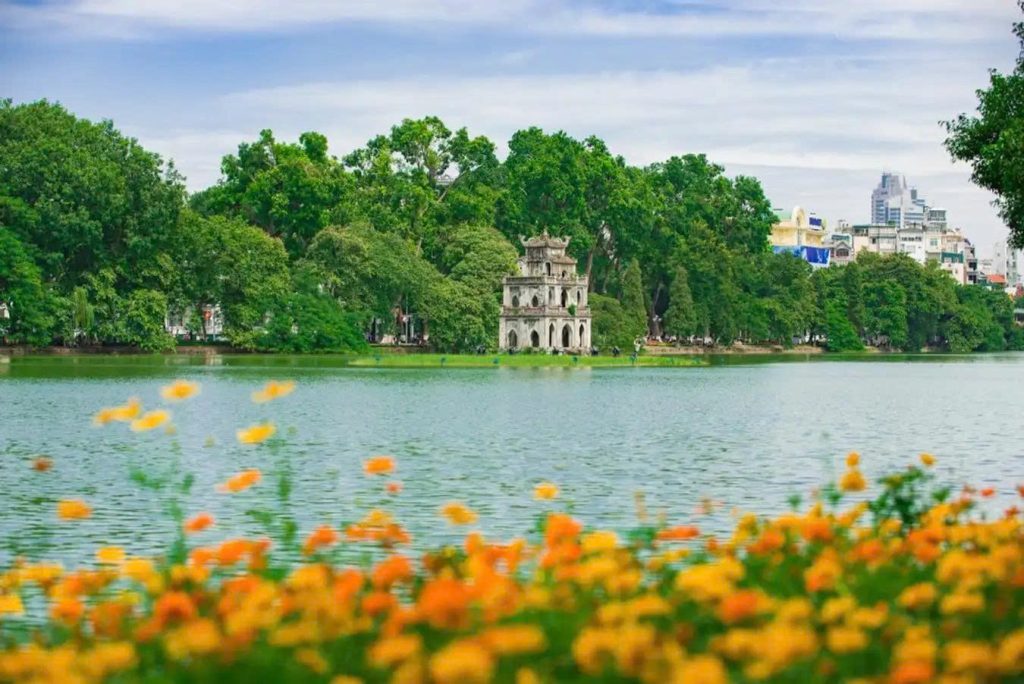
Nightlife & Entertainment
- Ho Chi Minh City (HCMC): HCMC boasts a vibrant and diverse nightlife. From rooftop bars overlooking the city (e.g., Bitexco Tower Skydeck) to lively pubs on Bui Vien Street and sophisticated clubs, there’s something for everyone.
- Hanoi: Hanoi’s nightlife is more subdued but still active. Ta Hien Street in the Old Quarter is the hub for beer and street food. There are also jazz clubs, live music venues, and more upscale bars, but it generally lacks the high-energy club scene of HCMC.
Cultural Attractions & History
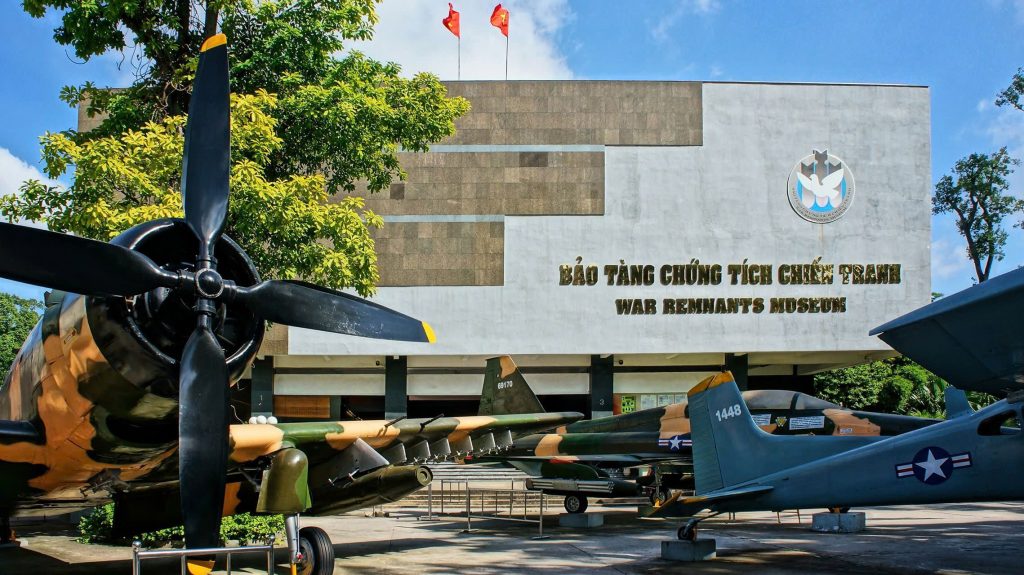
- Ho Chi Minh City (HCMC): Rich in recent history, focusing on the Vietnam War era. Key attractions include the War Remnants Museum, Independence Palace, Cu Chi Tunnels, and the Notre-Dame Cathedral Basilica of Saigon.
- Hanoi: As the capital, Hanoi is steeped in ancient history and tradition. Must-visit sites include the Hoan Kiem Lake, Temple of Literature, Ho Chi Minh Mausoleum, and the Imperial Citadel of Thang Long.
Day Trips & Weekend Getaways
- Ho Chi Minh City (HCMC): Easy access to the Mekong Delta for river tours, Vung Tau for a beach escape, and a short flight to Phu Quoc or Da Lat (a popular cool mountain town).
- Hanoi: Perfect base for exploring the north of Vietnam, including Ha Long Bay (a UNESCO World Heritage site), Sapa (for trekking in terraced rice fields), and Ninh Binh (often called “Ha Long Bay on land”).

Verdict on Lifestyle & Culture: HCMC appeals to those who thrive on fast-paced, modern, and high-energy urban environments with a booming nightlife. Hanoi is better for those who prefer a more traditional, historic, and slightly more relaxed atmosphere with closer access to stunning natural wonders of the North.
RELATED: How to Get from Hanoi to Halong Bay: Your Comprehensive Guide
Transportation & Getting Around: Navigating the Cities
Both cities are known for their chaotic but fascinating traffic, dominated by motorbikes.
- Traffic Congestion: HCMC is notoriously busy, with constant traffic, especially during rush hours. Hanoi also has significant traffic, but some argue it feels slightly less overwhelming due to wider streets in certain areas.
- Walkability: The Old Quarter in Hanoi is very walkable. In HCMC, District 1 is relatively walkable, but for longer distances, you’ll rely on motorbikes or ride-hailing apps.
- Public Transport: Both cities have bus systems. HCMC is building a metro system, which will eventually ease congestion.
Verdict on Transportation: Both cities present similar challenges and solutions for transportation. Relying on ride-hailing apps (Grab) is the most convenient for digital nomads in both.
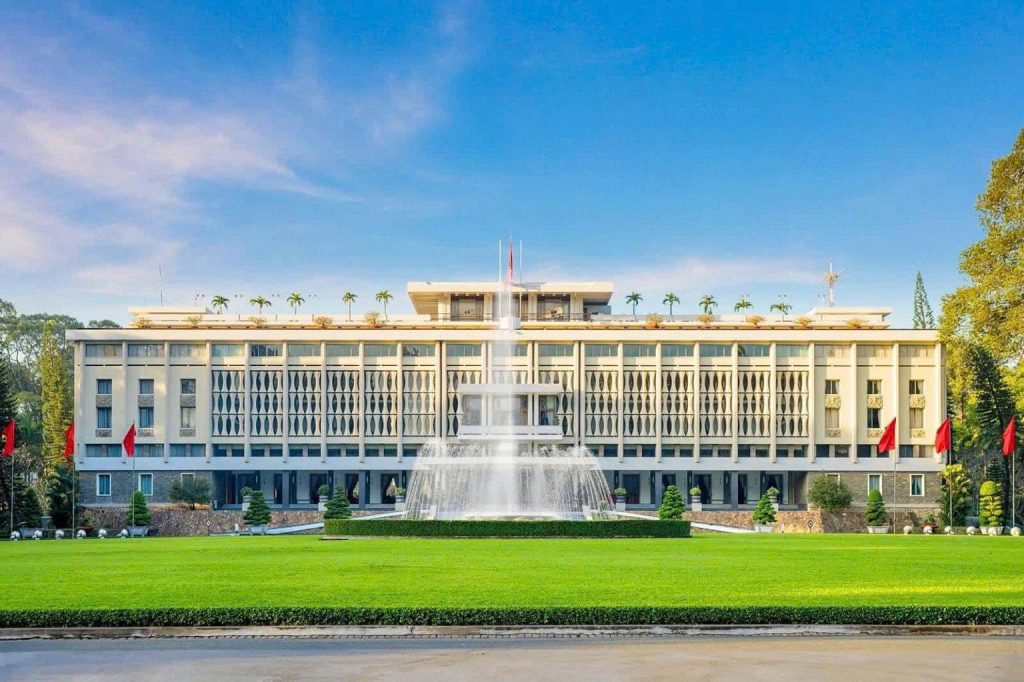
Safety & Healthcare: Prioritizing Well-being
- Safety: Both cities are generally safe for tourists and expats. Be mindful of petty theft, including bag snatching, which occurs more frequently in HCMC. It’s crucial to stay aware and safeguard your items.
- Healthcare: Both cities have public and private hospitals. For serious medical needs, many expats opt for international clinics or hospitals like FV Hospital in HCMC or Vinmec International Hospital in Hanoi. Travel insurance is highly recommended.
Verdict on Safety & Healthcare: Both cities offer comparable safety levels and access to healthcare, with international options available for expats.
The Final Verdict: Which City is Better for You?

There’s no single “better” city, as the ideal choice depends entirely on your personal preferences and priorities as a digital nomad.
- Choose Ho Chi Minh City if you:
- Thrive in a fast-paced, modern, and highly energetic urban environment.
- Seek a large, dynamic expat and digital nomad community with abundant networking opportunities.
- Enjoy a vibrant nightlife scene, trendy cafes, and diverse international dining.
- Prefer a city that feels like the economic hub and offers constant new experiences.
- Choose Hanoi if you:
- Prefer a more traditional, historic, and slightly slower pace of life.
- Appreciate rich cultural experiences, ancient architecture, and serene lakes.
- Are looking for a slightly lower cost of living, particularly for accommodation.
- Want easy access to the stunning natural beauty of Northern Vietnam (Ha Long Bay, Sapa).
- Value a somewhat more established and perhaps cozier expat community.
RELATED: Digital Nomads Cost of Living in Vietnam: Monthly Budget Guide
Many digital nomads choose to experience both cities, spending a few months in one, then moving to the other to get a full taste of what Vietnam has to offer. Whichever you choose, Vietnam promises an unforgettable digital nomad adventure!

